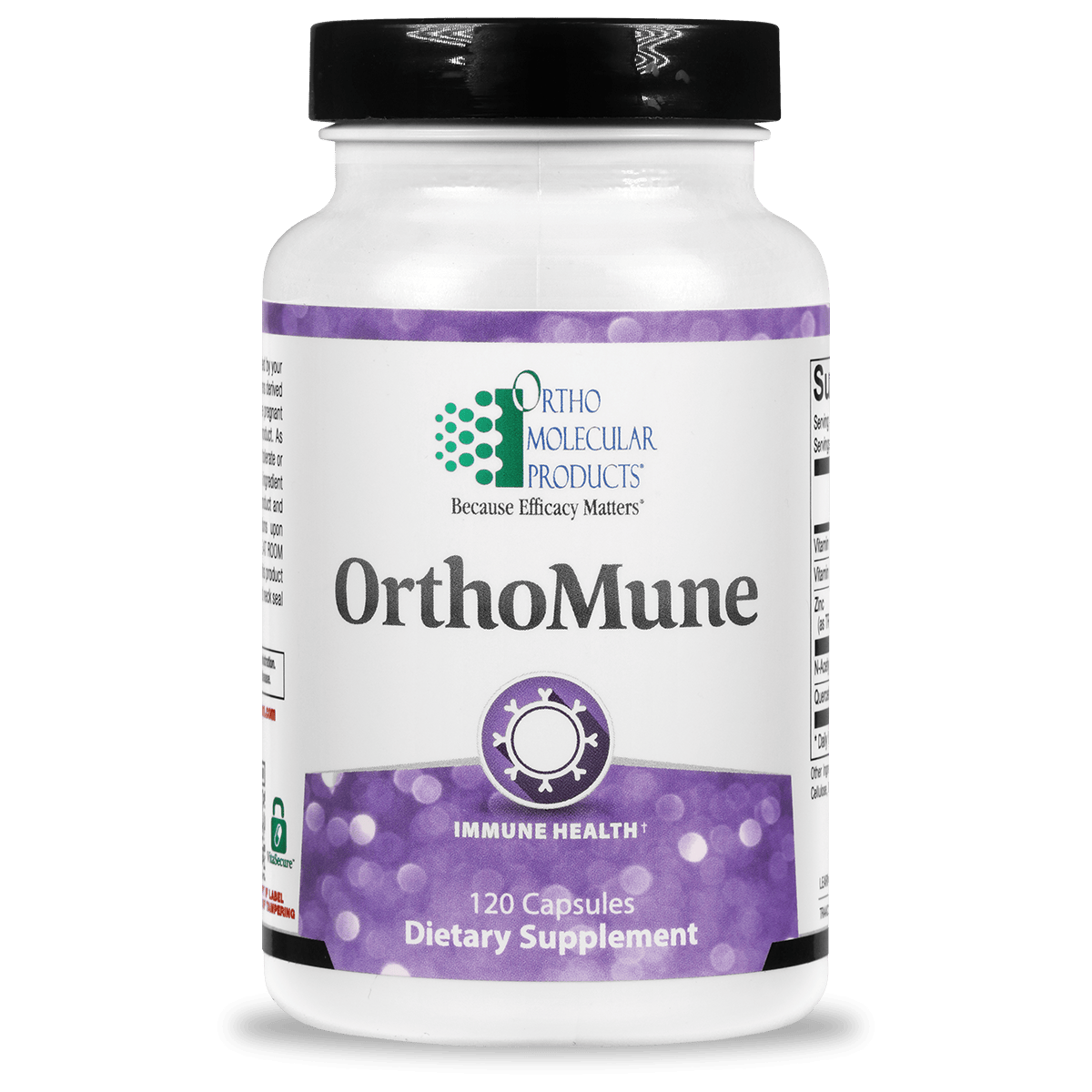Favorites
- Home
- Patients
-
Metagenics Ultra Flora Immune Booster 30 Capsules
Digestive and Gut HealthRated 0 out of 5$40.00$34.00
-
- Providers
- Dermatology
- Hair Loss
- Oncology Hope
- Chronic Illness
- Vet Corner
- Shop
- Blog
- About
- Contact
- Home
- Patients
-
Metagenics Ultra Flora Immune Booster 30 Capsules
Digestive and Gut HealthRated 0 out of 5$40.00$34.00
-
- Providers
- Dermatology
- Hair Loss
- Oncology Hope
- Chronic Illness
- Vet Corner
- Shop
- Blog
- About
- Contact
Pro-Balance Vitamin K2 60 Capsules
Price:
$30.00
Related Products
You may also like:
Pro-Balance Vitamin K2 60 Capsules
$30.00
This symbol represents the verified Pharmacy Solutions Pharmaceutical Grade Advantage
Serving Size: 1 Capsule | Servings Per Container: 60 Servings
Beyond blood clotting, the role of vitamin K in osteoporosis and cardiovascular disease is related to calcium utilization. Scientific studies have revealed that vitamin K plays a crucial role in building and maintaining bone health, which is influenced by osteoblasts, osteoclasts, hormones, cytokines and nutritional factors, including vitamin K intake. Inadequate calcium metabolism can result in cardiovascular and bone health problems. The deposition of calcium into arteries is an organized, regulated process similar to bone formation that occurs when other factors are present. Proteins like osteocalcin and matrix Gla protein, which are actively involved in the transport of calcium out of vessel walls, are suspected to have key roles in coronary calcium deposition. The greater the amount of calcification, the greater the likelihood one may develop suboptimal coronary health.
Vitamin K was originally discovered as the anti-hemorrhagic factor, but it now encompasses a variety of physiological processes. The major source of vitamin K in most diets is phylloquinone (vitamin K1), which is present in green leafy vegetables such as spinach, broccoli, and kale. Vitamin K2 is present in small amounts in fermented foods, milk products, cheese, and meat, and is synthesized by various human gut microbiota. It is well documented that the Western population obtains insufficient vitamin K from their regular diets, possibly related to poor absorption from these foods.
| Weight | 0.5 lbs |
|---|
Brand
Pro Balance
Please share your experience
Pro-Balance Vitamin K2 60 Capsules
Your feedback will help other shoppers make good choices and we'll use it to improve our products

You must be Register Or Login to post a review.
Q & A
Ask a question
Your question will be answered by a store representative or other customers.
Thank you for the question!
Your question has been received and will be answered soon. Please do not submit the same question again.
Error
An error occurred when saving your question. Please report it to the website administrator. Additional information:
Add an answer
Thank you for the answer!
Your answer has been received and will be published soon. Please do not submit the same answer again.
Error
An error occurred when saving your answer. Please report it to the website administrator. Additional information:
You may also like:
-
Ortho Molecular Mitocore 60 Capsules
$42.00 – $72.00
In order to purchase Ortho Molecular products, please login or register by clicking “Add to Cart.”
Featured
Featured products
You may also like:
Copyright 2023 © All rights Reserved.





































Reviews
There are no reviews yet.